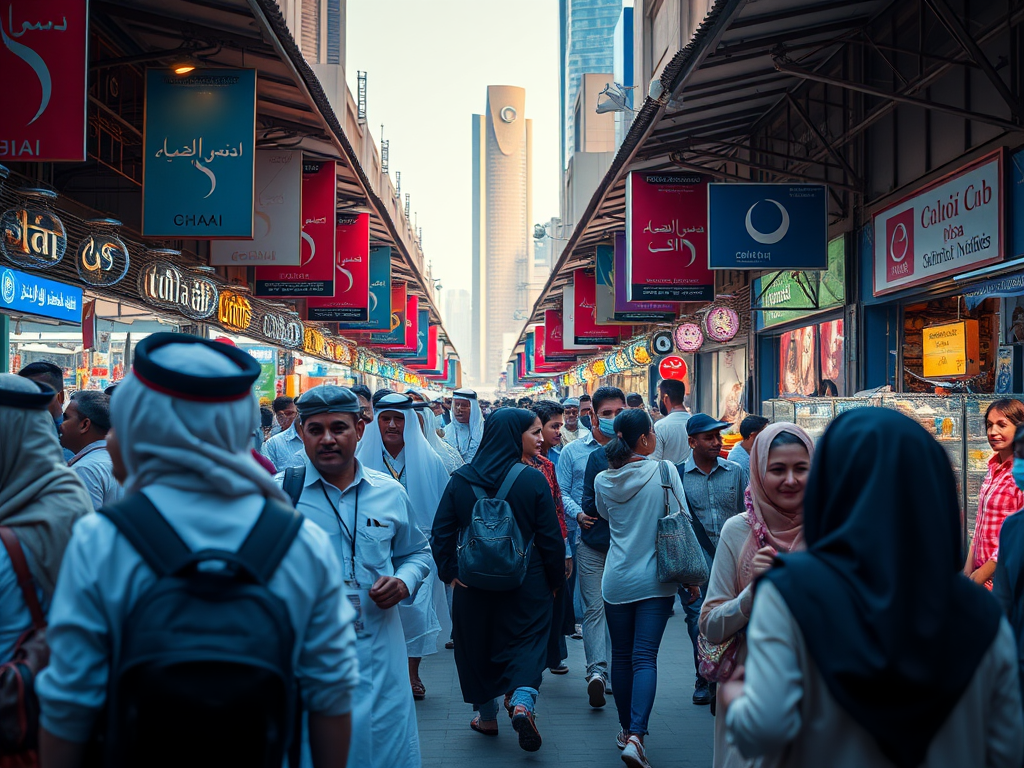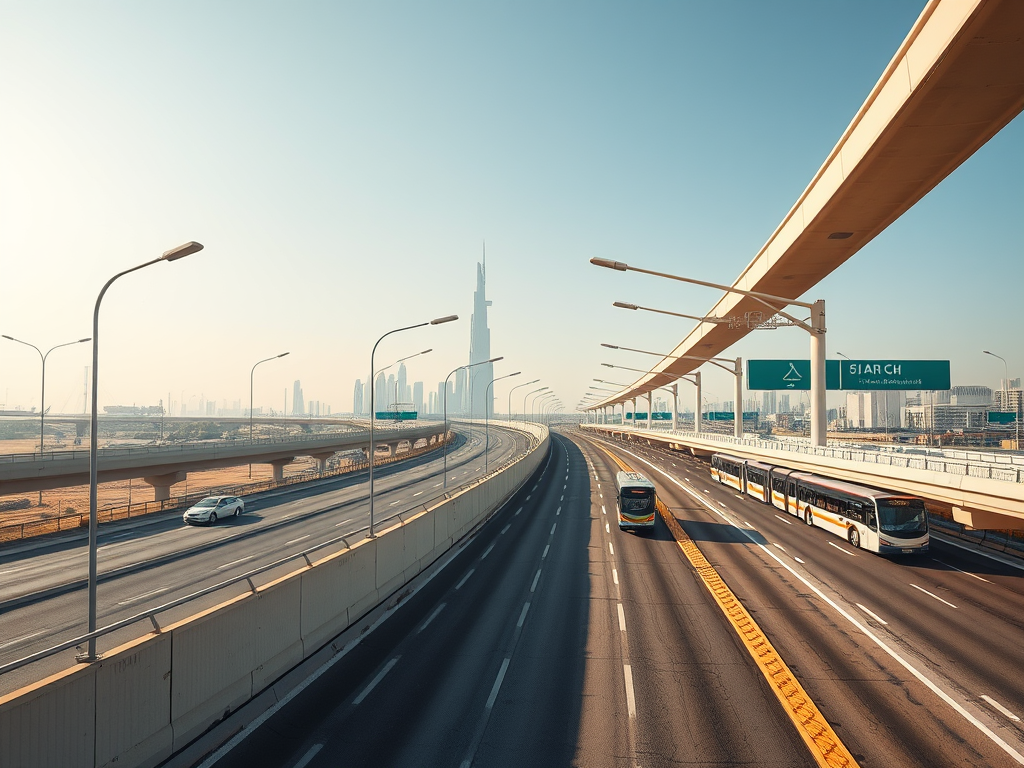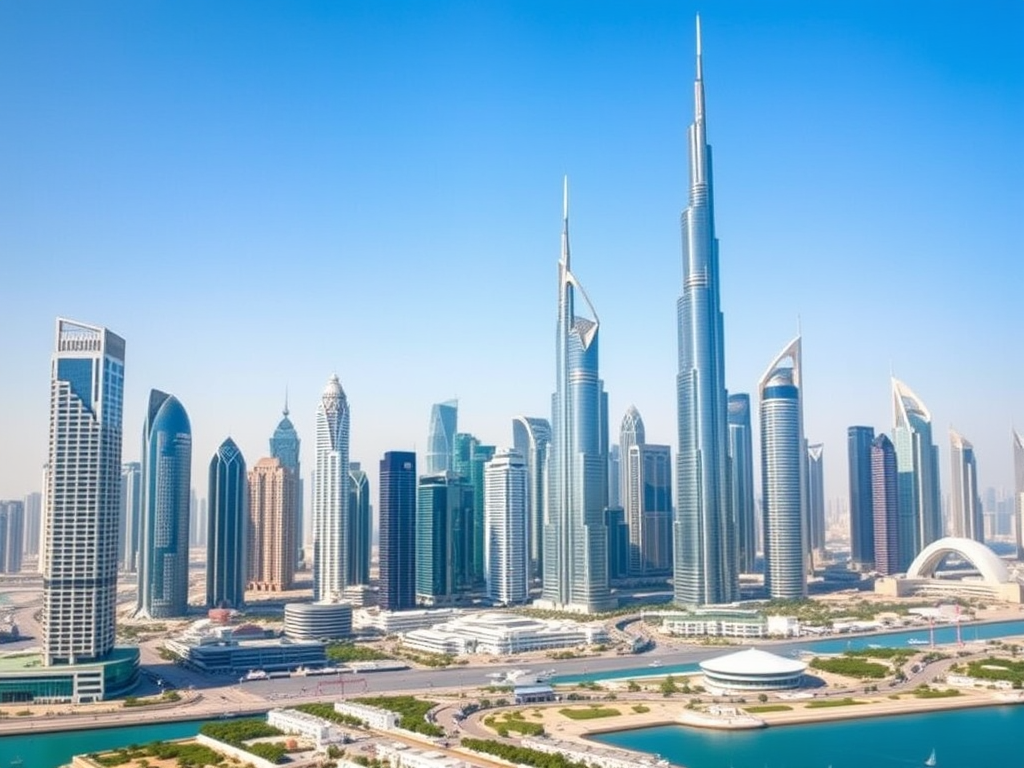Dubai has emerged as a leading global investment hub, with its dynamic economic reforms significantly influencing its investment climate. These reforms aim to enhance the ease of doing business, attract foreign investment, and promote sustainable economic growth. By implementing a series of strategies, from regulatory enhancements to infrastructural development, Dubai has created an environment conducive to both local and international investors. This article delves into how these economic reforms have shaped Dubai’s investment landscape, showcasing key elements that have contributed to its attractiveness as a global business destination.
Understanding Dubai’s Economic Reforms

Dubai’s journey towards becoming an investment powerhouse began with a series of economic reforms introduced in the early 2000s. These reforms were designed to diversify the economy away from oil dependency, focusing instead on sectors such as tourism, aviation, and real estate. Key initiatives that have played a pivotal role in these reforms include:
- Legal and Regulatory Framework: Streamlined regulations that foster business growth.
- Economic Free Zones: Establishing areas with favorable conditions for foreign investors.
- Public-Private Partnerships (PPP): Encouraging collaboration between the government and private sector.
- Tax Incentives: Offering zero corporate and income tax in many sectors.
- Infrastructure Development: Investing in world-class infrastructure to support business operations.
These reforms have collectively enhanced the competitiveness of Dubai’s investment environment, making it a sought-after destination for investors from around the globe.
The changes in foreign investment policies have been among the most impactful reforms in Dubai’s economic landscape. The introduction of the Foreign Direct Investment (FDI) Law in 2019 allowed for up to 100% foreign ownership in various sectors. Previously, foreign investors were required to have a local partner holding a majority stake. This policy shift has encouraged more international firms to establish operations in Dubai, significantly boosting foreign investments. Key aspects of the FDI Law include:
- Facilitating easier establishment and operational processes for foreign businesses.
- Extending investment opportunities beyond traditional sectors.
- Providing greater protection for investors’ rights and properties.
Such favorable alterations have broadened the scope of sectors available for investment, ranging from technology to healthcare, marking a new era in Dubai’s investment climate.
Impact on Infrastructure and Economic Diversification

Dubai’s commitment to robust infrastructure development has been central to its economic reforms. The establishment of cutting-edge airports, world-renowned hotels, and extensive transportation networks has not only improved connectivity but also enhanced the overall business ecosystem. The government’s investment in infrastructure translates into the following benefits:
- Economic Diversification: Reducing reliance on oil revenues and promoting various sectors.
- Job Creation: Generating employment opportunities across multiple industries.
- Increased Tourism: Attracting millions of visitors annually, contributing to the economy.
- Attracting Expatriates: Creating a multicultural environment conducive to business.
Through continuous investment in infrastructure, Dubai has positioned itself as a vital link for trade and commerce in the region.
Enhancing the Business Ecosystem
One of the standout features of Dubai’s economic reforms is the emphasis on enhancing the business ecosystem. Initiatives like the Dubai Chamber of Commerce and the Mohammed bin Rashid Establishment for Small and Medium Enterprises have been paramount in fostering entrepreneurship. These organizations provide invaluable support, such as:
- Access to funding and financial resources.
- Networking opportunities with industry peers.
- Business advisory and mentoring services.
By nurturing startups and small businesses, Dubai is creating a vibrant entrepreneurial climate that contributes to its economic growth and investor attraction.
Conclusion
The impact of economic reforms on Dubai’s investment climate has been remarkable. With a concerted focus on diversifying its economy, enhancing foreign investments, and developing a robust business ecosystem, Dubai has successfully established itself as a global investment hub. As the emirate continues to innovate and adapt to changing global economic conditions, it is poised to sustain its attractiveness to investors, both domestic and international. The forward-thinking policies and infrastructure investments have laid a solid foundation for seamless business operations and economic prosperity in the years to come.
Frequently Asked Questions
1. What are the key sectors for investment in Dubai?
Key sectors include tourism, real estate, technology, healthcare, and logistics. The emirate has diversified beyond oil, making these sectors prominent for investment opportunities.
2. How does Dubai support foreign investors?
Dubai supports foreign investors through various policies, including allowing 100% foreign ownership, tax incentives, and a comprehensive legal framework protecting investors’ rights.
3. What role do economic free zones play in Dubai’s investment climate?
Economic free zones offer foreign investors favorable conditions such as complete ownership, tax exemptions, and simplified regulatory processes, incentivizing businesses to establish in Dubai.
4. Are there any risks associated with investing in Dubai?
While Dubai offers numerous opportunities, investors should be aware of risks such as market volatility, economic fluctuations, and regulatory changes that may impact business operations.
5. How can businesses engage with the local market in Dubai?
Businesses can engage with the local market through networking events, joining local chambers of commerce, and collaborating with local firms. Establishing a presence at trade shows and exhibitions can also facilitate market entry.
